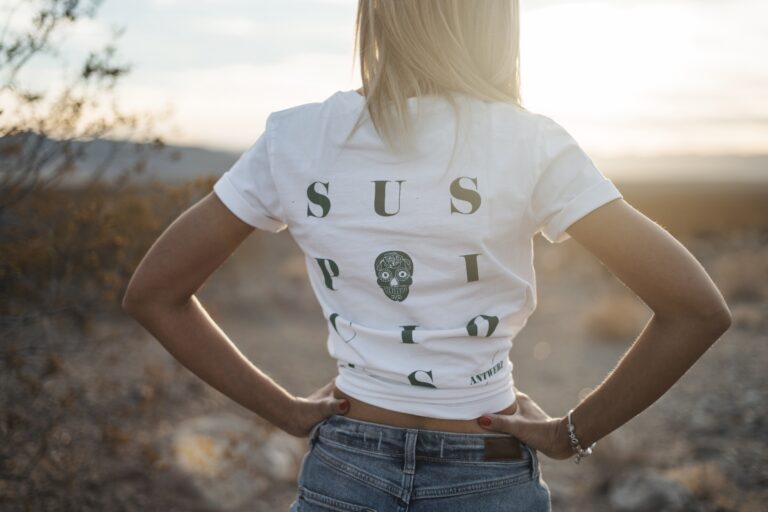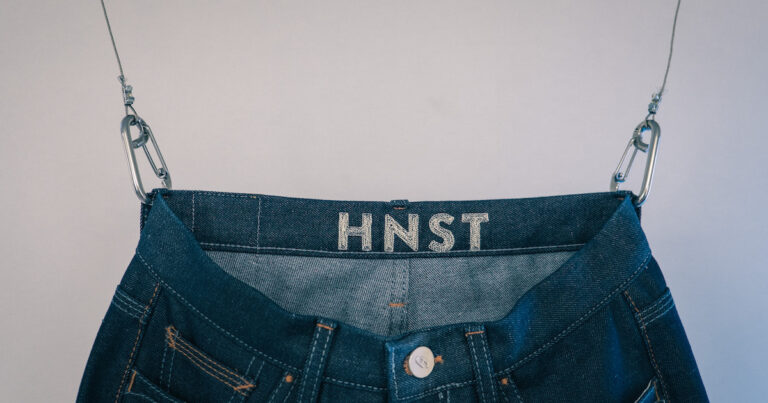Creative Business Model Responses to the Corona Crisis
As the world is facing the Covid-19 crisis, many wonder about it's effect on the short as well as long term. For the cultural sector,...
As the world is facing the Covid-19 crisis, many wonder about it's effect on the short as well as long term. For the cultural sector, the question rises what the post-pandemic arts scene will look like. For a sector that heavily relies on bringing large crowds together to enjoy cultural performances and to connect to each other, the Coronavirus has serious repercussions. As an immediate response to the world-wide lockdowns, many cultural institutions were quick to explore alternative digital spaces with online exhibitions and a rise in virtual reality. The Guardian has already touted this to be the beginning of...



